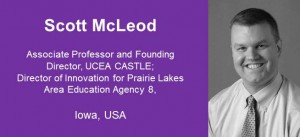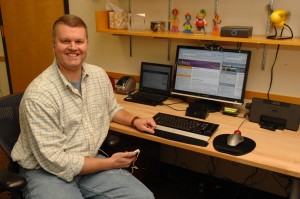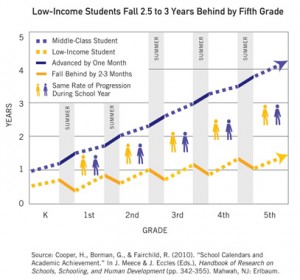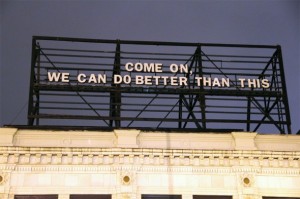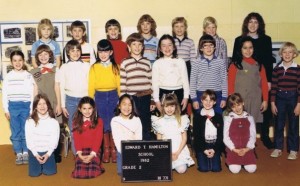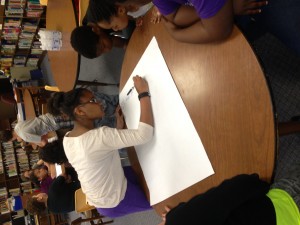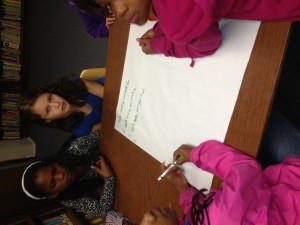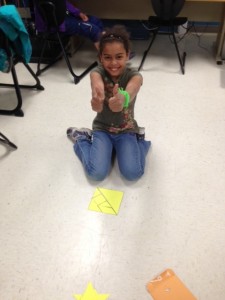
Generated by Chat GPT
In over two decades of educational leadership, I’ve learned something simple yet powerful: movement changes everything. When I’m walking, hiking, or even mowing the lawn, I find clarity and resilience. As leaders, we often carry the invisible weight of decisions, staff morale, student safety, and community expectations. That weight can bury us if we stand still too long.
Movement, whether it’s literal or metaphorical, teaches us to adapt, to breathe, and to keep going even when the path ahead isn’t clear.
When we build movement into our lives, we’re modeling something critical for our staff and our students: resilience isn’t about never falling; it’s about finding the momentum to stand back up again. Movement reminds us that change is natural, that growth is possible, and that our bodies and minds are connected more deeply than we often admit.
So what does movement look like in your leadership journey? Maybe it’s a daily walk before school. Maybe it’s committing to time with your family, away from screens and emails. Maybe it’s practicing gratitude while you jog or taking five minutes to breathe between challenging conversations.
Movement has taught me more about leadership than any textbook or workshop. It’s taught me patience, humility, and how to laugh at myself when I inevitably stumble. It’s helped me stay grounded when life feels chaotic.
I encourage you to find your own movement. Notice how it changes your energy, your outlook, and your relationships. In doing so, you’ll discover that resilient leadership isn’t something you learn once—it’s something you practice every single day, one step at a time.
About the Author
 Spike Cook, Ed.D., Principal, RM Bacon Elementary, Millville, NJ. In addition to being a Principal, Dr. Cook published two books through Corwin Press (Connected Leadership: It’s Just a Click Away; Breaking Out of Isolation: Becoming a Connected School Leader). He is the co-host of the popular PrincipaPLN podcast and a regular on the Unlock the Middle Videocast. His blog, Insights Into Learning, was recognized as a finalist for Best Administrator Blog by the EduBlog Awards. Spike earned his Doctorate from Rowan University and is an Adjunct Faculty member in the Masters of School Administration Program He is featured in Twinkl’s 30 Education Influencers You Need to Follow and Klear’s Top Ten Middle School Influencers. Dr. Cook is also on the Education Advisory Board for Whole Health Ed. Connect with @drspikecook via Twitter, YouTube, LinkedIn, Facebook or Instagram.
Spike Cook, Ed.D., Principal, RM Bacon Elementary, Millville, NJ. In addition to being a Principal, Dr. Cook published two books through Corwin Press (Connected Leadership: It’s Just a Click Away; Breaking Out of Isolation: Becoming a Connected School Leader). He is the co-host of the popular PrincipaPLN podcast and a regular on the Unlock the Middle Videocast. His blog, Insights Into Learning, was recognized as a finalist for Best Administrator Blog by the EduBlog Awards. Spike earned his Doctorate from Rowan University and is an Adjunct Faculty member in the Masters of School Administration Program He is featured in Twinkl’s 30 Education Influencers You Need to Follow and Klear’s Top Ten Middle School Influencers. Dr. Cook is also on the Education Advisory Board for Whole Health Ed. Connect with @drspikecook via Twitter, YouTube, LinkedIn, Facebook or Instagram.
 How many times during the COVID 19 Pandemic have you heard this phrase, “We are living in unprecedented times.” No truer words have been spoken. Our entire world has been impacted and we are going to need our educational institutions to be prepared with a different way of doing things.
How many times during the COVID 19 Pandemic have you heard this phrase, “We are living in unprecedented times.” No truer words have been spoken. Our entire world has been impacted and we are going to need our educational institutions to be prepared with a different way of doing things.
 Spike Cook,
Spike Cook, Take a few moments and think about someone who is causing stress in your life. It could be a family member, irate customer, someone who cut you off in traffic, or maybe even a coworker. Have you identified this person? I am sure it didn’t take long. Ok now you have the person in you mind, what I am going to show you could transform the way you view them.
Take a few moments and think about someone who is causing stress in your life. It could be a family member, irate customer, someone who cut you off in traffic, or maybe even a coworker. Have you identified this person? I am sure it didn’t take long. Ok now you have the person in you mind, what I am going to show you could transform the way you view them.